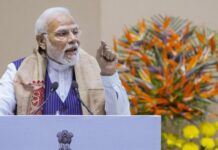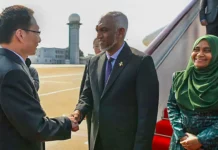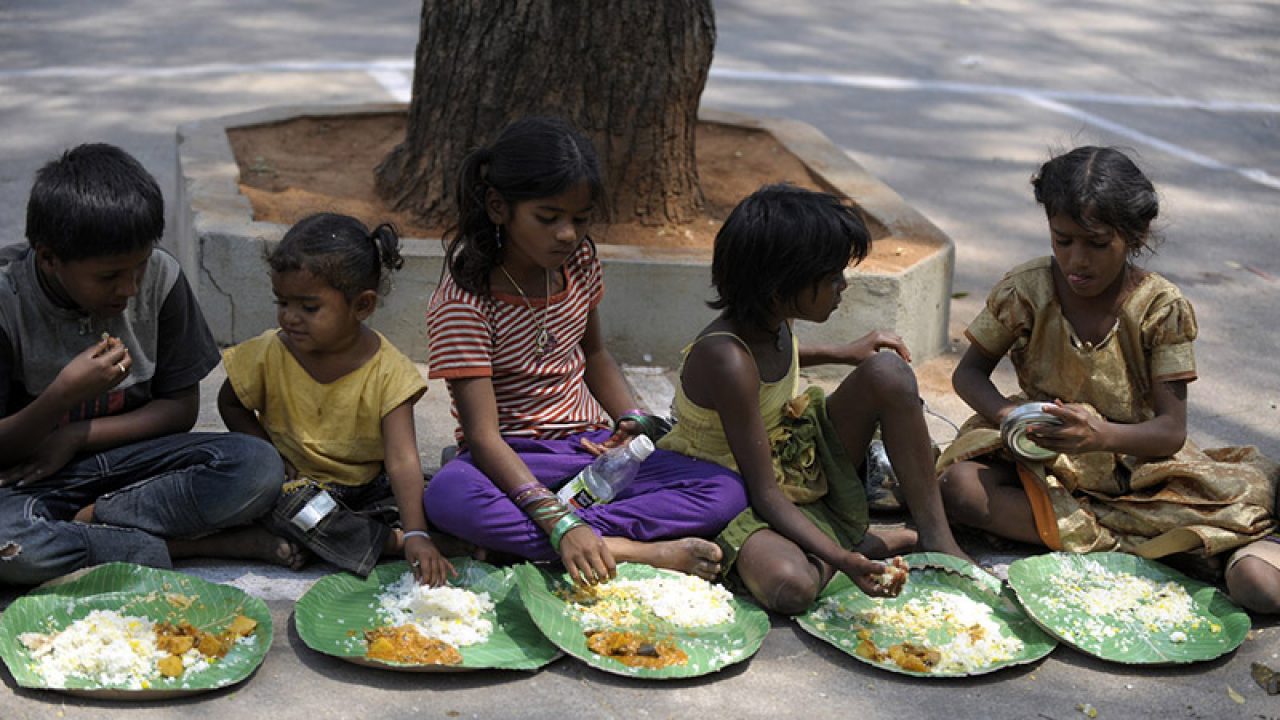India’s Prime Minister Narendra Modi has confirmed that the world’s most populous nation will bid to host the 2036 Olympic and Paralympic Games. Speaking at the opening ceremony of the International Olympic Committee (IOC) session in Mumbai last week, Modi said, hosting the event is “the age-old dream” for India.
“Indians are not just sports lovers, but we also live it,” he said. “India will leave no stone unturned in the preparation for the successful organization of the Olympics in 2036. He added, this has been the dream of the 1.4 billion Indians. We want to realize this dream with your support. I am sure India will get constant support from IOC.”
Modi didn’t specify a city or region but Ahmedabad, which boasts the largest stadium in the world with a capacity of 132,000 and is named after the Indian prime minister, would be a likely contender as the main host city for the country’s bid. Besides Indonesia and Mexico, which had previously expressed interest in hosting the 2036 Olympics, Poland has also expressed interest in hosting the games last month to authorities concerned.
The IOC for has set no timeframe when hosting rights for the 2036 Games will be awarded. Paris will host in 2024, Los Angeles in 2028 and Brisbane in 2032. Modi also told the IOC that India would consider bidding to host the Youth Olympics in 2029. Another good news for India is that, IOC has confirmed to include Cricket starting with Los Angeles Olympics in 2028.
The Olympics have evolved dramatically since the first modern games were held in 1896. In the second half of the twentieth century, both costs of hosting and the revenue generated by the spectacle grew rapidly, sparking controversy over the burdens host countries shouldered.
A growing number of economists argue that the benefits of hosting the games are at best exaggerated and at worst nonexistent, leaving many host countries with large debts and maintenance liabilities. Instead, many argue, Olympic committees should reform the bidding and selection process to incentivize realistic budget planning, increase transparency, and promote sustainable investments that serve the public interest.
The 2020 Summer Olympics in Tokyo highlighted the ongoing debate over the costs and benefits of hosting such a mega-event, especially after the ongoing COVID-19 pandemic forced a year’s delay and sparked public opposition over going ahead with the festivities during a major outbreak. The multibillion-dollar bill Tokyo faced in the aftermath of the games is not unique; other former host cities still struggle with the debts they incurred, leading some candidate cities for future games to withdraw their bids or scale down their plan for hosting such mega events.
For much of the twentieth century, the staging of the Olympic games was a manageable burden for the host cities. The 1970s marked a turning point; the games were growing rapidly, with the number of Summer Olympics participants almost doubling and the number of events increasing by a third during the 1960s.
The 1984 Los Angeles games is a good example set by former Mayor Tom Bradley, where he used the existing infrastructure to host the Olympics. He did not build a single new structure but used the resources to improve and revamp the venues available. Hopefully India will do the same if awarded.
Also Read: Meet Afreen Hyder, Kashmiri female taekwondo athlete aiming for Olympics







